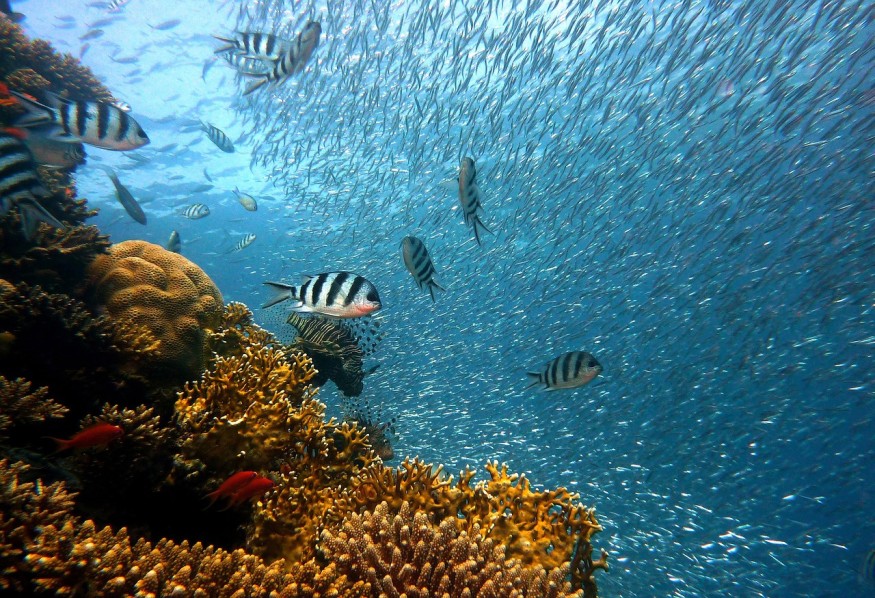Coral reefs are known to be natural structures found in the world's oceans, also serving as a home to various marine life and organisms. They are made up of many tiny individual corals called polyps, which are also animals in contrast to what some have previously thought.
In this context, coral reef systems are built by animals but are still vulnerable to several threats, including the impact of global warming.
Now, extreme heat is causing rising temperatures that coral reefs off the coast of Florida cannot withstand, scientists warned.
Over the past week, the United States has experienced the blow of the current summer season, which officially started on June 1.
With this, not only the summer heat affected millions of Americans but also causes ocean warming, affecting marine ecosystems.
Amid the threat, experts have once again linked the scorching temperatures to climate change.
In the case of Florida coral reefs, the intense heat could cause the worst coral bleaching in the state's history, according to reported projections.
Previous studies have confirmed that excessive warming could lead to coral deaths.
Now, the situation is seemingly worsening more than ever since modern recordings started.
Florida Coral Reef

The Florida coral reef stretches at a distance of 350 miles from the Dry Tortugas to the St. Lucie Inlet.
It is also the only coral reef system off the coast of the mainland U.S. and is home to more than 40 species of reef-building corals, according to the Florida Department of Environmental Protection.
Florida's coral reefs provide not only shelter but also food and breeding sites for millions of animals and plants.
For more than a year, the Florida environment agency cited a study of other threats to the Sunshine State's coral reefs, such as sediments, which has been deemed to have the potential to spread deadly diseases.
These sediments are a result of coastal construction, where rock, concrete, and soil from land are sent even to the depths of the immediate ocean.
Coral Bleaching
The said extreme heat has triggered the phenomenon known as coral bleaching, a process wherein stressed corals release their algae symbionts, leaving them susceptible and with a pale color, Reuters reported.
Scientists are also concerned about the bleaching as temperatures have increased in Florida's water due to climate change and caused the extreme stressor to the reefs, Reuters added.
Corals are not yet dead even if they go through the bleaching event, which they can survive from.
However, such state makes them more stressed and are vulnerable to mortality, according to the National Oceanic and Atmospheric Administration (NOAA).
The removal of the symbiotic algae living in a coral's tissue turns its color into white, which the term bleaching was also based on.
Aside from temperatures, corals are also stressed by severe changes in environmental conditions like light or nutrients, the NOAA explains.
This week alone, the NOAA reported that Florida water temperatures ranger around 35 degrees Celsius or mid-90s Fahrenheit.
This is considered excessive as the average water temperatures at this time of the year should be between 73 to 88 degrees Fahrenheit, as cited by Reuters.
© 2025 NatureWorldNews.com All rights reserved. Do not reproduce without permission.





